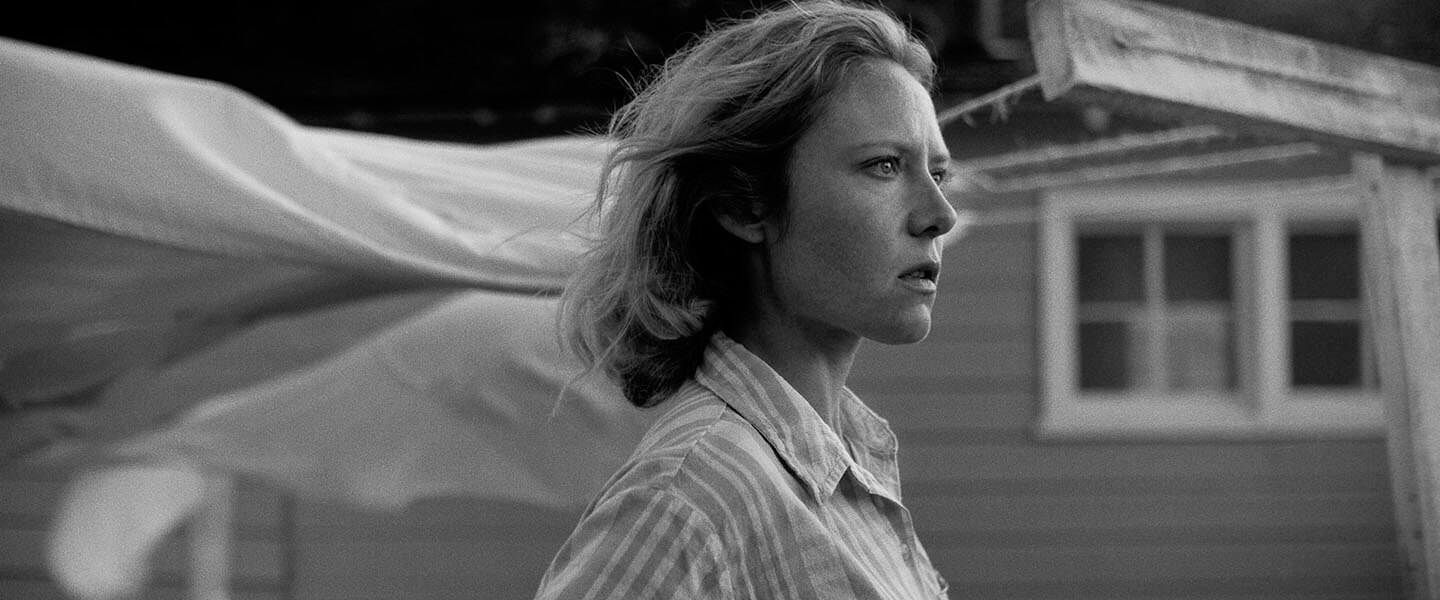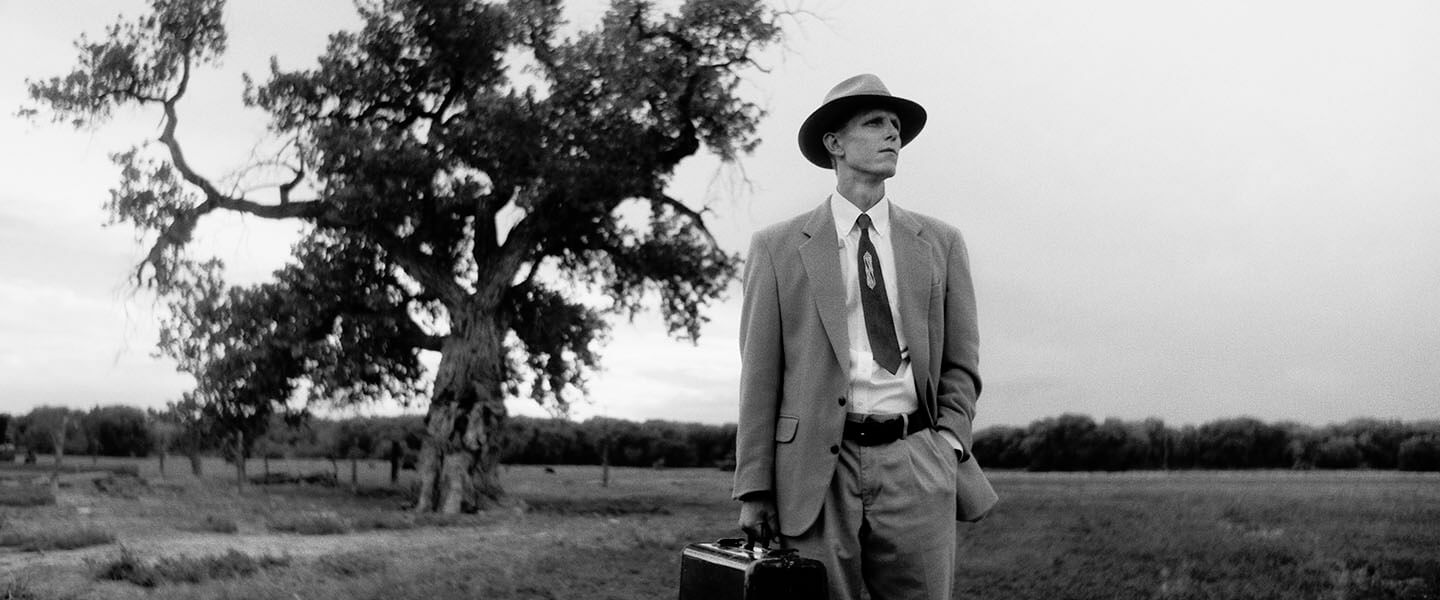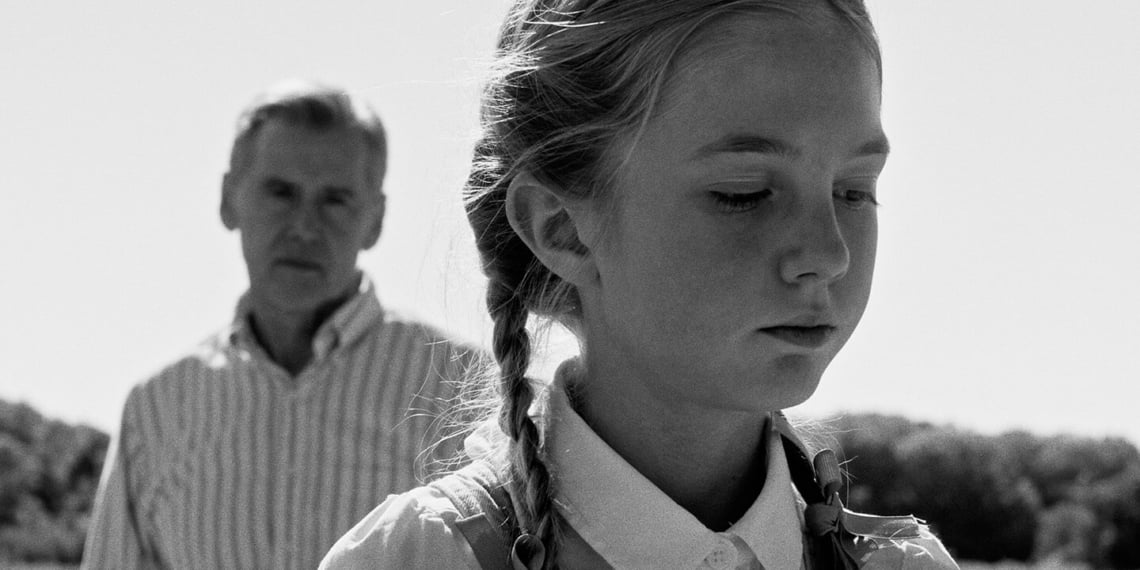Andy Kastelic’s The Countryman has blossomed out of the Western, owes its distinction to the genre, and leaves behind the impression of something that is, in many ways, truly remarkable. With only 22 minutes on hand, its wandering protagonist has the task of changing the nature of a farming community facing the brunt of post-war industrialisation.
J.W. Chapman (Kastelic), a smooth-talking hustler-type, walks into a story unfolding well before his entrance. John (Jack Forcinito) narrates it for the audience as an omnipresent entity, the ghost of a time past. After hard times descended on the community following corporate induced farm closures, distrust brewed among the community, convulsing it into crime after crime. John is one such victim, stabbed in the literal back by a neighbour with a specially sharpened pitchfork.

Chapman is here to make deals with the townsfolk—$100 in exchange for their first memory. An odd deal to make for a supposed hustler, and a suspiciously easy way to make a sizeable amount of money for the impoverished town. Neither looking like the cowboy nor behaving enough like a regular hustler, Chapman’s image also contains the frail pastor with a calling.
At the core of the narrative is John’s 12-year-old granddaughter, Mary (Marie Wagenman), witness to John’s murder, and bitter beyond her years. Though Chapman makes his deals with the adults, his interactions with Mary are the most interesting. They provide exposition and create a path forward for Mary, who sees little possibility but hostility and vengeance. Mary is fascinating; the connecting link between Chapman and John, her precociousness is neither cutesy nor sexual, only the burnished product of her time.
As the town begins to change—aches let up, onions taste better, friendship replaces borax—the film’s relationship with its genre begins to mature. Chapman as the outsider becomes the harbinger of peace. His very first deal frames the ongoings as an aggressive space, going so far as to stage it as an arm wrestle. Instead, he simply asks for the man’s first memory.

The editing becomes increasingly reflexive. At one point, it connects John and Paul as the same person: farmers who have worked the land with their hands, facing the wrath of business interests. In tandem, the background score incorporates its generic roots while building something new.
The interplay between roots and their ambitious branches creates the richness of The Countryman. It surprises meaningfully, using its generic spirit to sow the seeds of Mary’s arc, only to then conquer generic demands. The Western begins to blend with the coming-of-age story.
The Countryman: Negotiation with the Rules of the Western
-
Direction
-
Cinematography
-
Screenplay
-
Editing
-
Music
















